The raw material situation of biomass pellets in Thailand is characterized by a diverse array of feedstocks sourced from forestry, agriculture, urban areas, and coastal regions. These feedstocks serve as the foundation for the burgeoning biomass pellet industry in the country, which plays a crucial role in renewable energy production, waste management, and rural development.
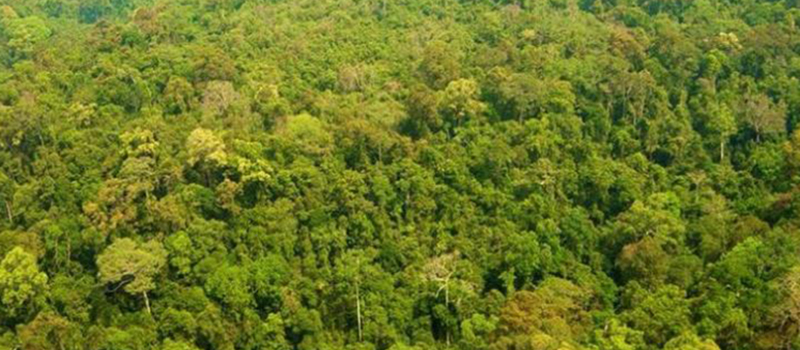
1.Forestry Resources: Thailand's northern and northeastern regions are endowed with abundant forest resources, providing a steady supply of wood residues for biomass pellet production. These residues originate from various forestry activities, including logging operations, timber processing, and forest management practices. Wood residues such as sawdust, wood chips, and bark are collected from sawmills, wood processing industries, and forest clearing activities. Sustainable forestry practices and reforestation efforts are essential to ensure the long-term availability of wood residues while preserving forest ecosystems.
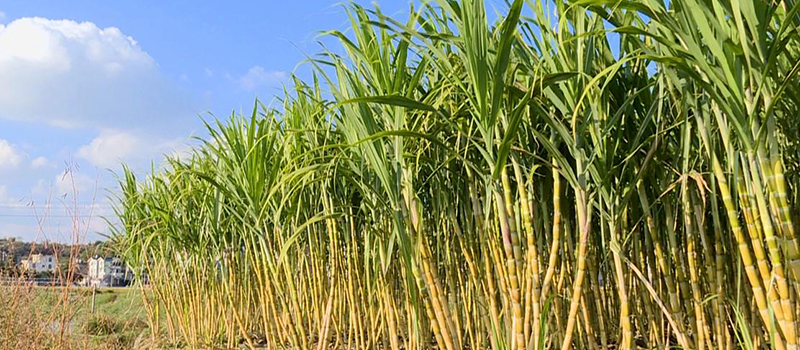
2. Agricultural Residues: The central and northeastern regions of Thailand are major agricultural hubs, producing crops such as rice, sugarcane, and cassava. Agricultural residues, including rice husks, sugarcane bagasse, and cassava stalks, are abundant byproducts of these agricultural activities. These residues serve as valuable feedstocks for biomass pellet production, offering a renewable and locally available source of biomass. Effective utilization of agricultural residues not only reduces agricultural waste but also provides additional income opportunities for farmers through biomass sales.
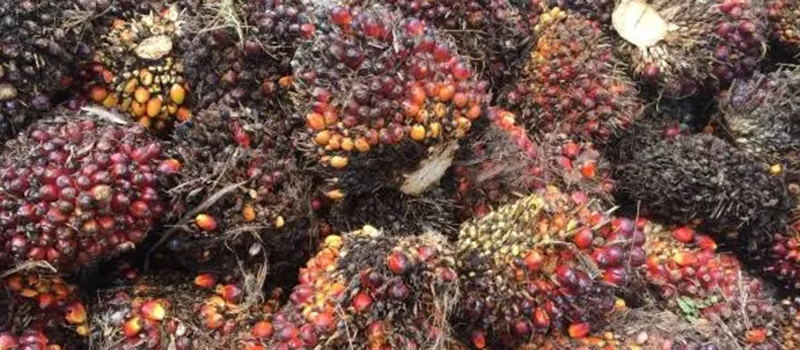
3. Coastal Resources: Coastal regions, particularly in the south, are significant for the production of oil palm, rubber, and other plantation crops. Residues from oil palm plantations, such as palm kernel shells and empty fruit bunches, are valuable biomass feedstocks for pellet production. Coastal areas also generate other biomass resources, including mangrove residues and aquatic plants, which can be utilized for biomass pellets. Sustainable management practices are essential to balance the utilization of coastal resources while protecting fragile coastal ecosystems.
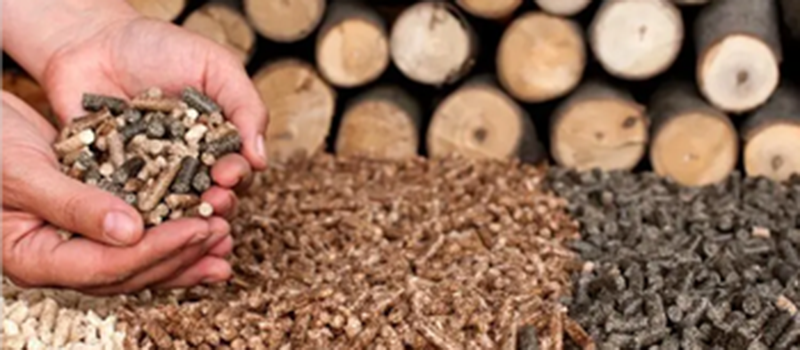
4. Market Dynamics: Market demand and economic factors play a significant role in shaping the raw material situation of biomass pellets in Thailand. Domestic demand for biomass pellets is driven by government policies promoting renewable energy, as well as the need for sustainable waste management solutions. Additionally, Thailand's position as a major exporter of biomass pellets to international markets further influences the sourcing and distribution of raw materials. Market incentives, pricing mechanisms, and trade regulations impact the competitiveness of biomass pellet production and the sourcing decisions of feedstock suppliers.
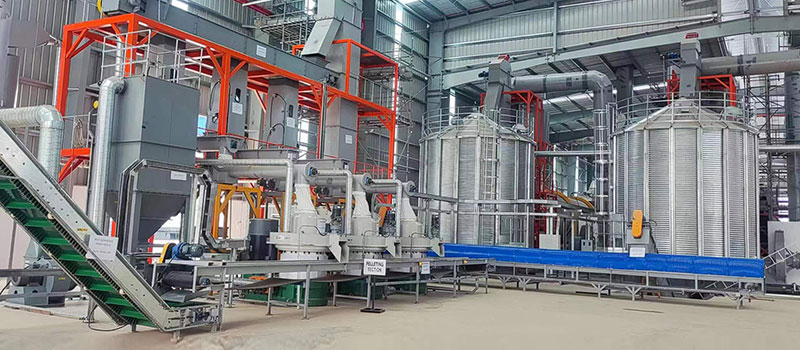
The new vertical centrifugal biomass wood pellet machine is the latest pellet machine in China. The biomass wood pellet machine adopts a large modulus hard toothed helical gearbox, strengthened spindle, strong power output, equipment stable operation, low failure rate, low production cost. It is the preferred machine model in the biomass industry.